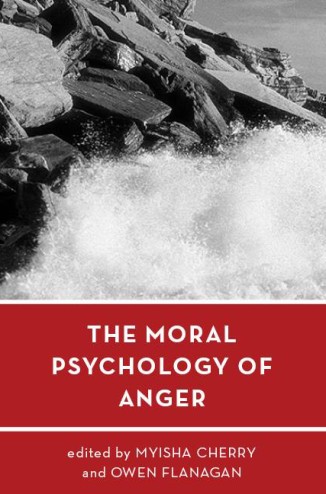Book Overview

Anger is a universal personal, social, and political emotion. It is bewildering in certain ways. It seems natural and necessary but it also unpleasant and disruptive. Every culture endorses norms that regulate expressions of anger, sometimes even feelings of anger. Aristotle thought that anger was sometimes justified, as well as sometimes useful. Seneca, the Stoic, and Shantideva, the Buddhist sage, thought anger the worst emotion, and that it should be eliminated (if possible). These issues are alive today and embedded in sophisticated discussions of the nature and function of emotions, the difference between an emotion that is a biological adaptation and one that conduces to flourishing, social progress, and, in the case of anger, its specific role in struggles for racial and gender justice. A systematic discussion of the nature, function, and proper norms of anger is in order. The Moral Psychology of Anger is the first volume to do this and contains papers that defend anger as necessary for psychological and social health and well-being to papers that argue that it is the most destructive emotion and worth eliminating.
Sample Chapter
The Errors and Limitations of our Anger Evaluating Ways
Order Book
Reviews
Journal of Moral Philosophy
Metapsychology Online
Table of Contents
Introduction, Owen Flanagan /
1. Anger and Approbation, Lee McBride /
2. Anger as a Political Emotion: A Phenomenological Perspective, Céline Leboeuf
3. Valuing Anger, Antti Kauppinen
4. Errors and Limitations of our Anger Evaluating Ways, Myisha Cherry
5. You Oughta Know: Defending Angry Blame, David Shoemaker
6. Anger and Patience, Bryce Huebnur
7. Anger and Oppression: A Tantric Buddhist Perspective, Emily McRae
8. Reason to Be Angry Forever?, Agnes Callard
9. Berserker Rage and the Contemporary Military, John Protevi